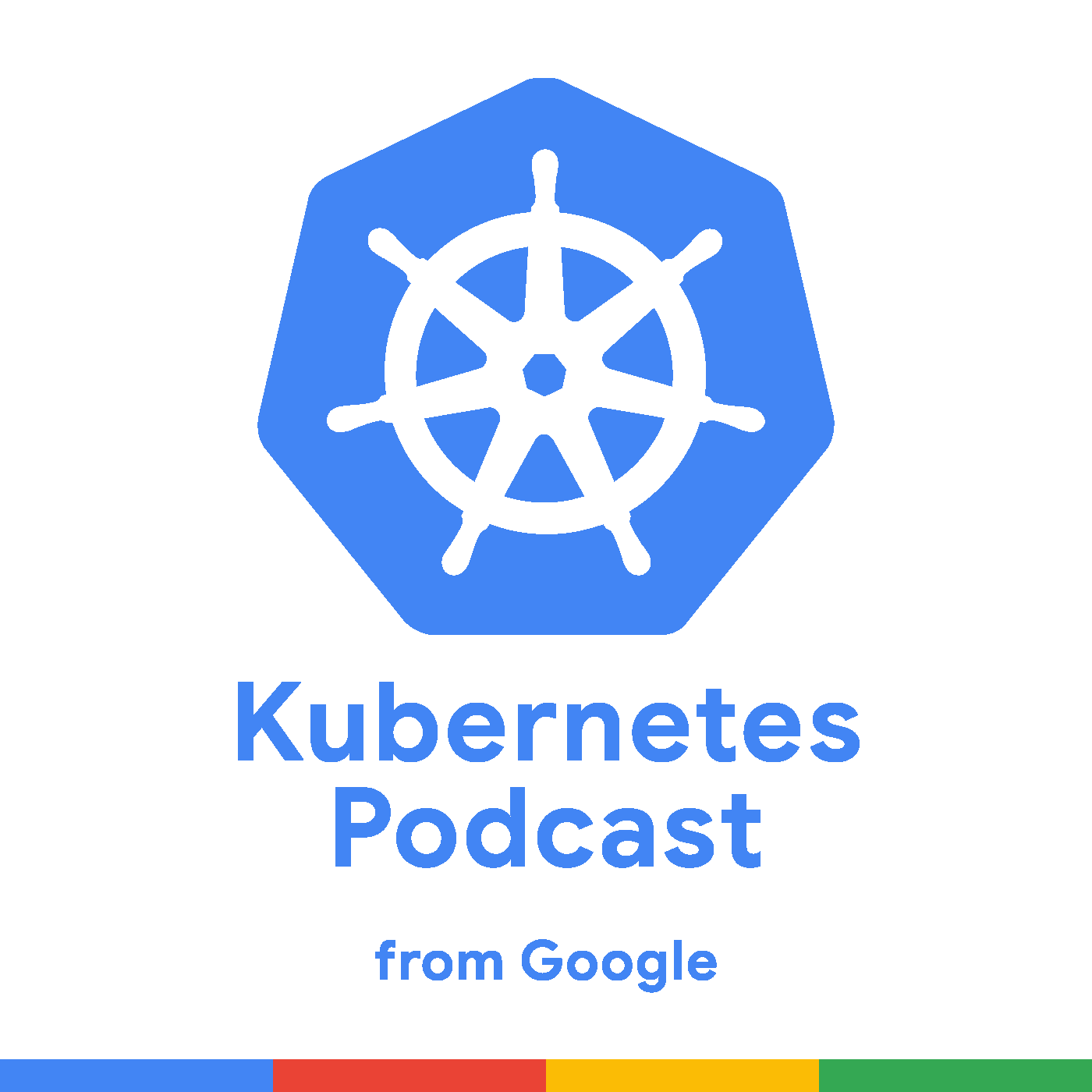一、CoreDNS 概述
1.11后 CoreDNS 已取代 Kube DNS 作为集群服务发现元件,由于 Kubernetes 需要让 Pod 与 Pod 之间能夠互相通信,然而要能够通信需要知道彼此的 IP 才行,而这种做法通常是通过 Kubernetes API 来获取,但是 Pod IP 会因为生命周期变化而改变,因此这种做法无法弹性使用,且还会增加 API Server 负担,基于此问题 Kubernetes 提供了 DNS 服务来作为查询,让 Pod 能夠以 Service 名称作为域名来查询 IP 位址,因此使用者就再不需要关心实际 Pod IP,而 DNS 也会根据 Pod 变化更新资源记录(Record resources)
CoreDNS 是由 CNCF 维护的开源 DNS 方案,该方案前身是 SkyDNS,其采用了 Caddy 的一部分来开发伺服器框架,使其能够建立一套快速灵活的 DNS,而 CoreDNS 每个功能都可以被当作成一個插件的中介软体,如 Log、Cache、Kubernetes 等功能,甚至能够将源记录存储在 Redis、Etcd 中.
二、部署CoreDNS(集群内部DNS解析服务)
1.修改一些参数
修改参数有3个地方,一个是ip6.arpa 指定,一个是更改成国内镜像源,一个是定义clusterIP,具体如下
- ip6.arpa修改为kubernetes cluster.local. in-addr.arpa ip6.arpa
- 国内镜像修改为 coredns/coredns:1.2.6
- clusterIP修改为自己集群设置的IP范围内的,我集群的是 10.0.0.0/24,所以设置为10.0.0.2(部署node时候kubelet配置文件默认指定的地址。且不为已使用的IP)
2,Yaml文件解析
具体的yaml如下:( 我们只需修改 clusterIP的IP为自己集群的IP范围内,且不重复的)
apiVersion: v1
kind: ServiceAccount
metadata:
name: coredns
namespace: kube-system
labels:
kubernetes.io/cluster-service: "true"
addonmanager.kubernetes.io/mode: Reconcile
---
apiVersion: rbac.authorization.k8s.io/v1
kind: ClusterRole
metadata:
labels:
kubernetes.io/bootstrapping: rbac-defaults
addonmanager.kubernetes.io/mode: Reconcile
name: system:coredns
rules:
- apiGroups:
- ""
resources:
- endpoints
- services
- pods
- namespaces
verbs:
- list
- watch
---
apiVersion: rbac.authorization.k8s.io/v1
kind: ClusterRoleBinding
metadata:
annotations:
rbac.authorization.kubernetes.io/autoupdate: "true"
labels:
kubernetes.io/bootstrapping: rbac-defaults
addonmanager.kubernetes.io/mode: EnsureExists
name: system:coredns
roleRef:
apiGroup: rbac.authorization.k8s.io
kind: ClusterRole
name: system:coredns
subjects:
- kind: ServiceAccount
name: coredns
namespace: kube-system
---
apiVersion: v1
kind: ConfigMap
metadata:
name: coredns
namespace: kube-system
labels:
addonmanager.kubernetes.io/mode: EnsureExists
data:
Corefile: |
.:53 {
errors
health
kubernetes cluster.local. in-addr.arpa ip6.arpa {
pods insecure
upstream
fallthrough in-addr.arpa ip6.arpa
}
prometheus :9153
proxy . /etc/resolv.conf
cache 30
loop
reload
loadbalance
}
---
apiVersion: apps/v1
kind: Deployment
metadata:
name: coredns
namespace: kube-system
labels:
k8s-app: kube-dns
kubernetes.io/cluster-service: "true"
addonmanager.kubernetes.io/mode: Reconcile
kubernetes.io/name: "CoreDNS"
spec:
# replicas: not specified here:
# 1. In order to make Addon Manager do not reconcile this replicas parameter.
# 2. Default is 1.
# 3. Will be tuned in real time if DNS horizontal auto-scaling is turned on.
strategy:
type: RollingUpdate
rollingUpdate:
maxUnavailable: 1
selector:
matchLabels:
k8s-app: kube-dns
template:
metadata:
labels:
k8s-app: kube-dns
annotations:
seccomp.security.alpha.kubernetes.io/pod: 'docker/default'
spec:
serviceAccountName: coredns
tolerations:
- key: node-role.kubernetes.io/master
effect: NoSchedule
- key: "CriticalAddonsOnly"
operator: "Exists"
containers:
- name: coredns
image: coredns/coredns:1.2.6
imagePullPolicy: IfNotPresent
resources:
limits:
memory: 170Mi
requests:
cpu: 100m
memory: 70Mi
args: [ "-conf", "/etc/coredns/Corefile" ]
volumeMounts:
- name: config-volume
mountPath: /etc/coredns
readOnly: true
ports:
- containerPort: 53
name: dns
protocol: UDP
- containerPort: 53
name: dns-tcp
protocol: TCP
- containerPort: 9153
name: metrics
protocol: TCP
livenessProbe:
httpGet:
path: /health
port: 8080
scheme: HTTP
initialDelaySeconds: 60
timeoutSeconds: 5
successThreshold: 1
failureThreshold: 5
securityContext:
allowPrivilegeEscalation: false
capabilities:
add:
- NET_BIND_SERVICE
drop:
- all
readOnlyRootFilesystem: true
dnsPolicy: Default
volumes:
- name: config-volume
configMap:
name: coredns
items:
- key: Corefile
path: Corefile
---
apiVersion: v1
kind: Service
metadata:
name: kube-dns
namespace: kube-system
annotations:
prometheus.io/port: "9153"
prometheus.io/scrape: "true"
labels:
k8s-app: kube-dns
kubernetes.io/cluster-service: "true"
addonmanager.kubernetes.io/mode: Reconcile
kubernetes.io/name: "CoreDNS"
spec:
selector:
k8s-app: kube-dns
clusterIP: 10.0.0.2
ports:
- name: dns
port: 53
protocol: UDP
- name: dns-tcp
port: 53
protocol: TCP
3.创建dns
[root@k8s-master k8s-cert]# kubectl create -f coredns.yaml

4.检查pod和svc的情况
- Pod是Kubernets系统的基础单元。
- Service(简称svc)定义了Pod的逻辑集合和访问该集合的策略,是真实服务的抽象。
[root@k8s-master k8s-cert]# kubectl get all -n kube-system

5.检查coreDNS服务,这里已经启动
[root@k8s-master ~]# kubectl cluster-info

6、验证方法
cat >busybox.yaml<<EOF
apiVersion: v1
kind: Pod
metadata:
name: busybox
namespace: default
spec:
containers:
- name: busybox
image: busybox:1.28.3 #版本尽量不要使用最新
command:
- sleep
- "3600"
imagePullPolicy: IfNotPresent
restartPolicy: Always #总是重启
EOF
6.1创建并测试解析kubernetes.default
kubectl create -f busybox.yaml #通过配置文件名或stdin创建一个集群资源对象
kubectl get pods busybox
kubectl exec busybox -- cat /etc/resolv.conf
kubectl exec -ti busybox -- nslookup kubernetes

如果启动失败,使用如下命令进行排查
kubectl describe pod busybox
- QQ精品交流群
-

- 微信公众号
-





